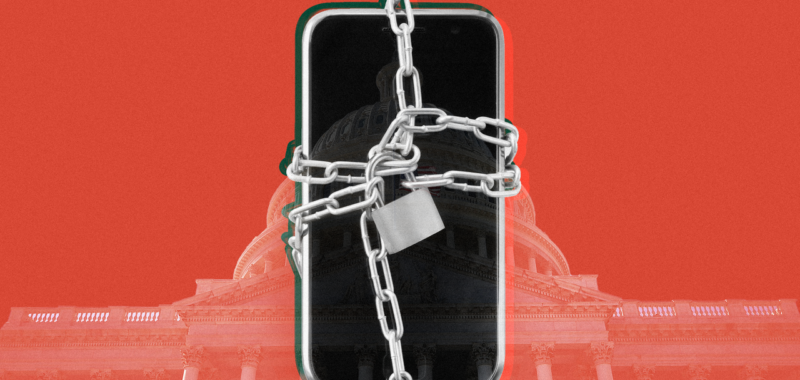“Each of these platforms has magic to them,” Ok tells Glamour. “And the magic of TikTok is the ability to create community and to feel seen and heard by those that you don’t even know. More than any other social media platform, TikTok gives the user the opportunity to become the creator. No other app allows the creator to film a video, chop it up, add music, make transitions, but do all that stuff within the single app. That revolutionized social media as a whole landscape.”
TikTok content
This content can also be viewed on the site it originates from.
That doesn’t mean TikTok is irreplaceable, Ok says. At the end of the day, she’s not a TikTok creator; she’s a content creator. But TikTok, with its built-in editing software and extensive audio library, had a special way of convincing regular people to experiment with and participate in creator culture.
“What we’re going to lose is the opportunity to be curious,” Ok says. “When I started on TikTok, I felt like I was following a formula for my Instagram feed. I was literally planning my grid. I was planning a neutral aesthetic. I was using the same filters. I was really trying to gain a following by copying somebody else’s aesthetics. On TikTok it really challenged me to figure out what it meant to be myself.”
V Spehar, the TikTok creator behind “Under the Desk News,” says that, after attending the hearing, they feel “more confident now than ever that a ban is not on the table.” But the bill Biden is “very in favor” of passing—also known as the Restrict Act—could set a dangerous precedent for government overreach and censorship. (Which are, ironically, the very threats to national security lawmakers hope to mitigate with this measure.)
“Congress is trying to use fear of a potential for an adversary to convince the American public to hand over a huge amount of control of all of their privacy to the government,” Spehar says. “They’re going to give themselves the power to ban any technology or any potential threat that they deem vaguely unsafe…. They’re using this TikTok ban and xenophobia as a Trojan horse to get this bill across the line here, which just gives them incredible power. They don’t care about TikTok because they don’t understand it.”
TikTok content
This content can also be viewed on the site it originates from.
Alexandra Ocasio-Cortez is one of a scant number lawmakers who have chosen to support TikTok. In a post, the progressive Democrat warned against taking drastic measures before without evidence that they’re necessary. Members of Congress, she says, have not been briefed on any national security threats stemming from the platform.
“To shut down a platform where 5 million businesses are on, where churches are on, where people are doing personal health work, the place where the LGBTQ and black communities and Hispanic communities have more clout and followership than we do anywhere else—that’s an egregious attack on marginalized communities,” says Spehar. “To shut down the app that we happen to thrive on.”
Understandably, some creators are taking precautions in light of the potential ban, such as backing up their content and sending followers to congregate on other platforms. Beauty creator Whitney Madueke has been directing her followers to sign up for her email newsletter and find her on Instagram and YouTube. It’s taken a decade for Madueke to establish herself online and for the last six years creating content has been her full-time job. TikTok is where her following has grown the fastest, and the app has come to represent an important stream of income for her as well.

